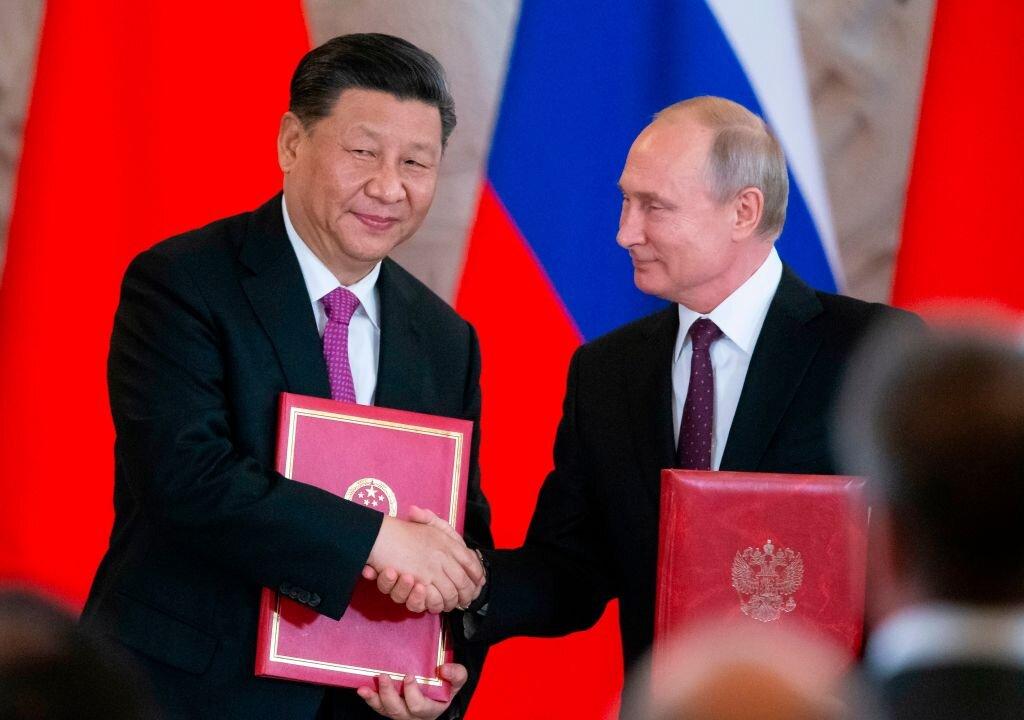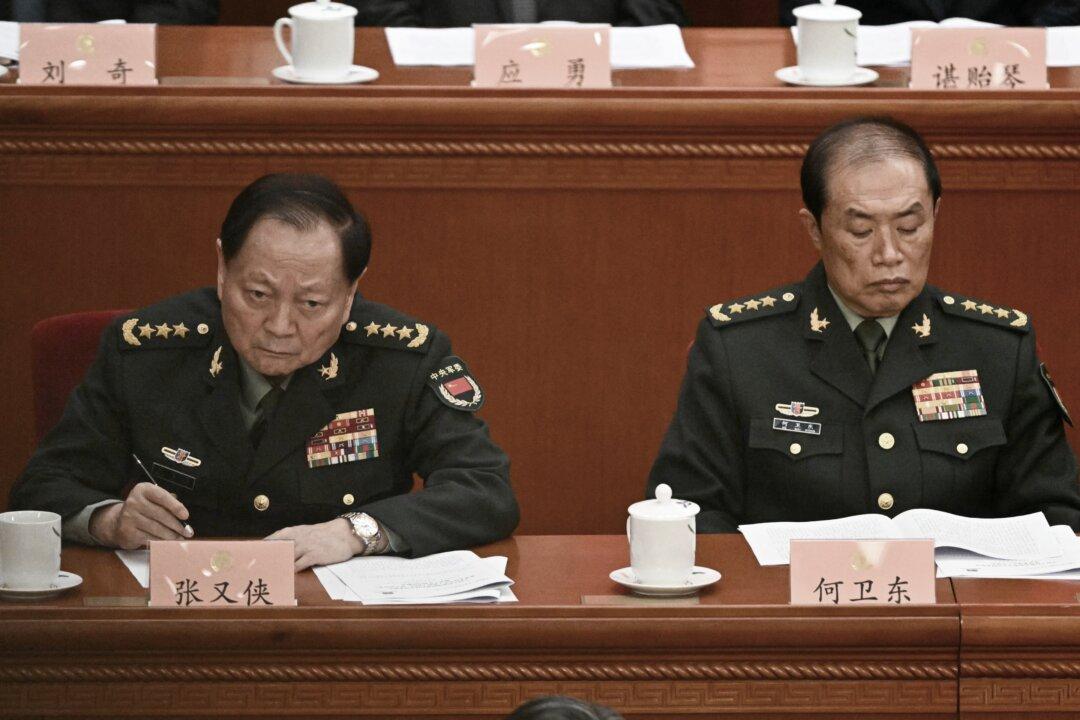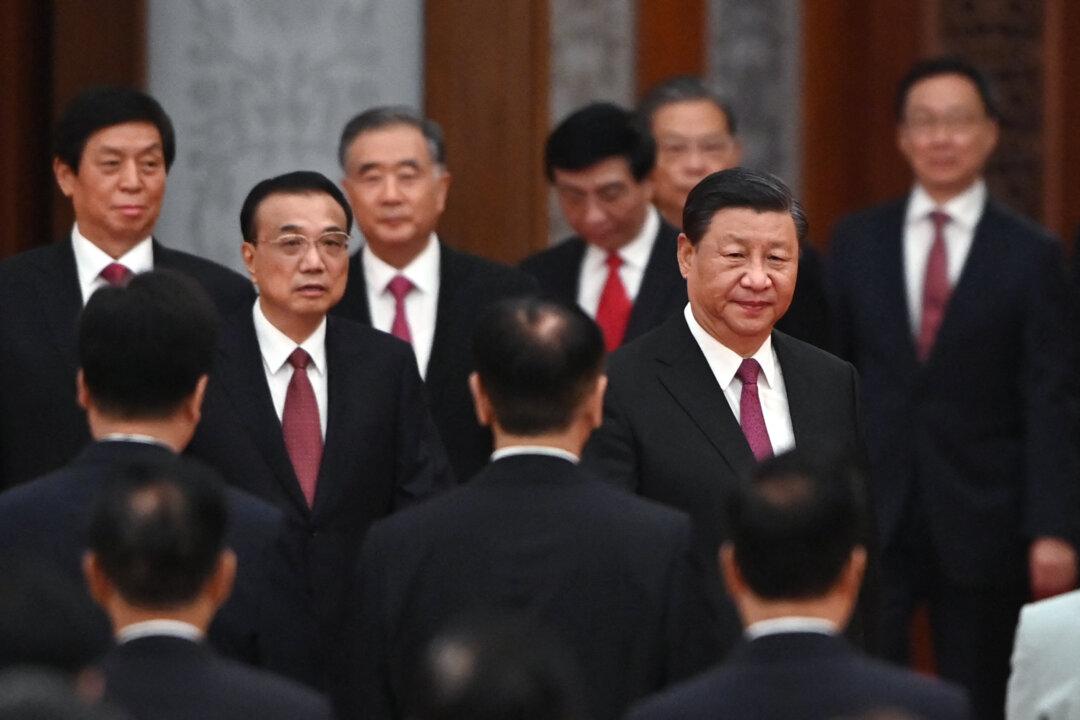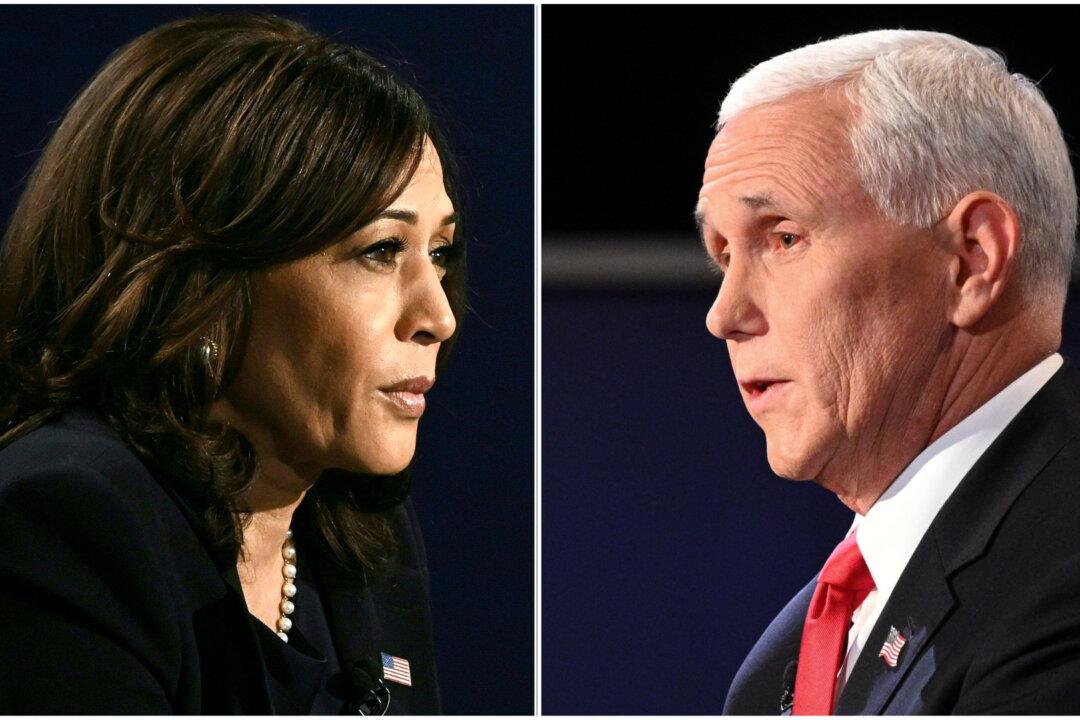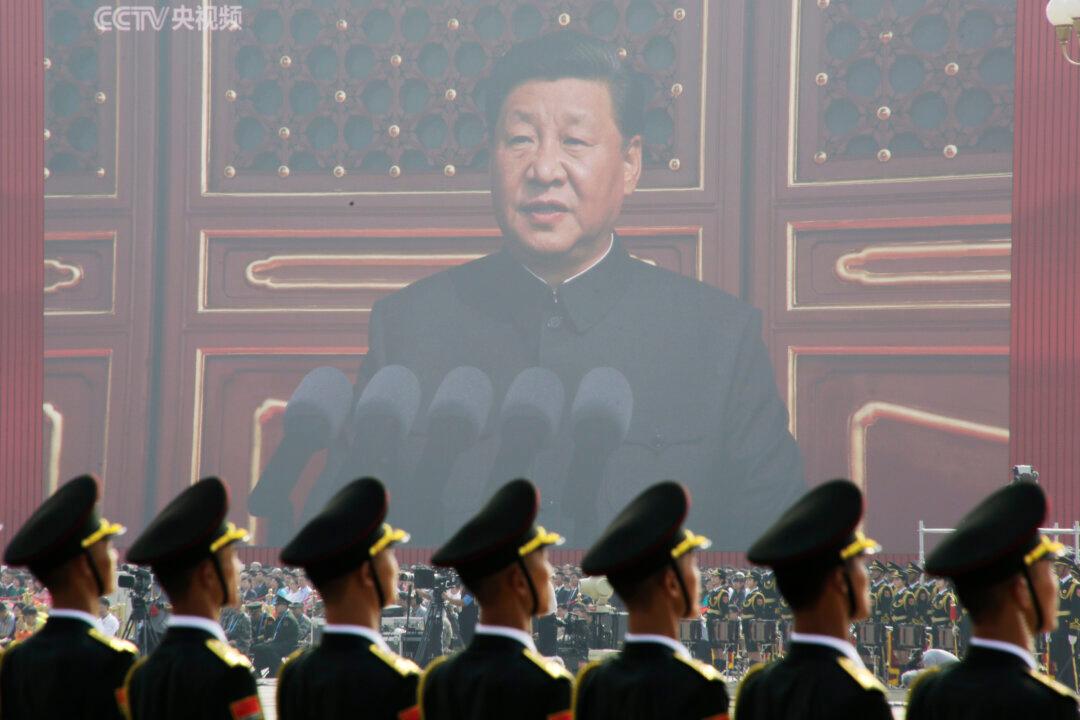Commentary
According to Chinese state media reports, on the evening of Dec. 28, Chinese leader Xi Jinping and Russian President Vladimir Putin spoke over the phone and exchanged good wishes for the New Year. Compared with the content of past New Year greetings between the Chinese and Russian leaders from 2016 to 2019, this year’s greetings are quite unusual. The unusual lies in the following.
